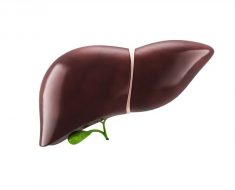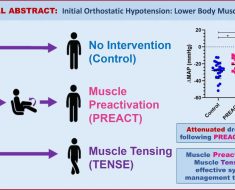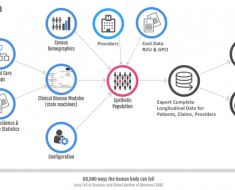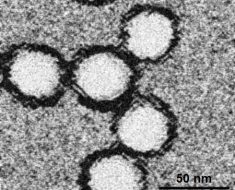Joe Biden passionately defends child healthcare spending
We use your sign-up to provide content in ways you’ve consented to and to improve our understanding of you. This may include adverts from us and 3rd parties based on our understanding. You can unsubscribe at any time. More info
With slapped cheek syndrome (SCS) there are just three.
These include:
• A high temperature
• A runny nose and sore throat
• A headache.
Alongside these symptoms a red rash may appear on one or both cheeks and a spotty rash my subsequently develop on the chest, arms, and legs.

Adults with the condition may also have painful and stiff joints.
Although this symptom can appear in children too, it is rare for it to do so.
With regard to treatment the NHS recommends rest, drinking plenty of fluids, taking paracetamol and ibuprofen, moisturiser for the itchy skin, and potentially talking to a pharmacist.
They warn not to give aspirin to children under the age of 16.
However, SCS could lead to complications if:
• You’re pregnant due to risk of miscarriage
• A blood disorder is present
• The person with SCS has a weakened immune system.
At this point the NHS recommends that the person sees a GP and should ask for an urgent appointment if they have very pale skin, experience shortness of breath or extreme tiredness, or they faint.
The reason for this is because this could be signs of anaemia.

Meanwhile, children’s health is coming under focus from a different angle due to the conflict in Ukraine.
Ukrainian psychiatrist Oleg Chaban is warning of a mental health crisis amongst those who have survived the conflict.
Speaking about the situation Chaban said he and his colleagues had noticed symptoms in children including incontinence.
Chair of the Committee on Psychiatric Dimensions of Disaster at the American Psychiatric Association Joshua Morganstein said: “In disasters of all kinds… the psychological needs and the psychological impact almost always vastly exceed the medical needs.”

On the mental health situation Chaban added: “I prescribe antidepressants twice or even three times more frequently than before, because of anxiety and insomnia and fear.”
Source: Read Full Article





